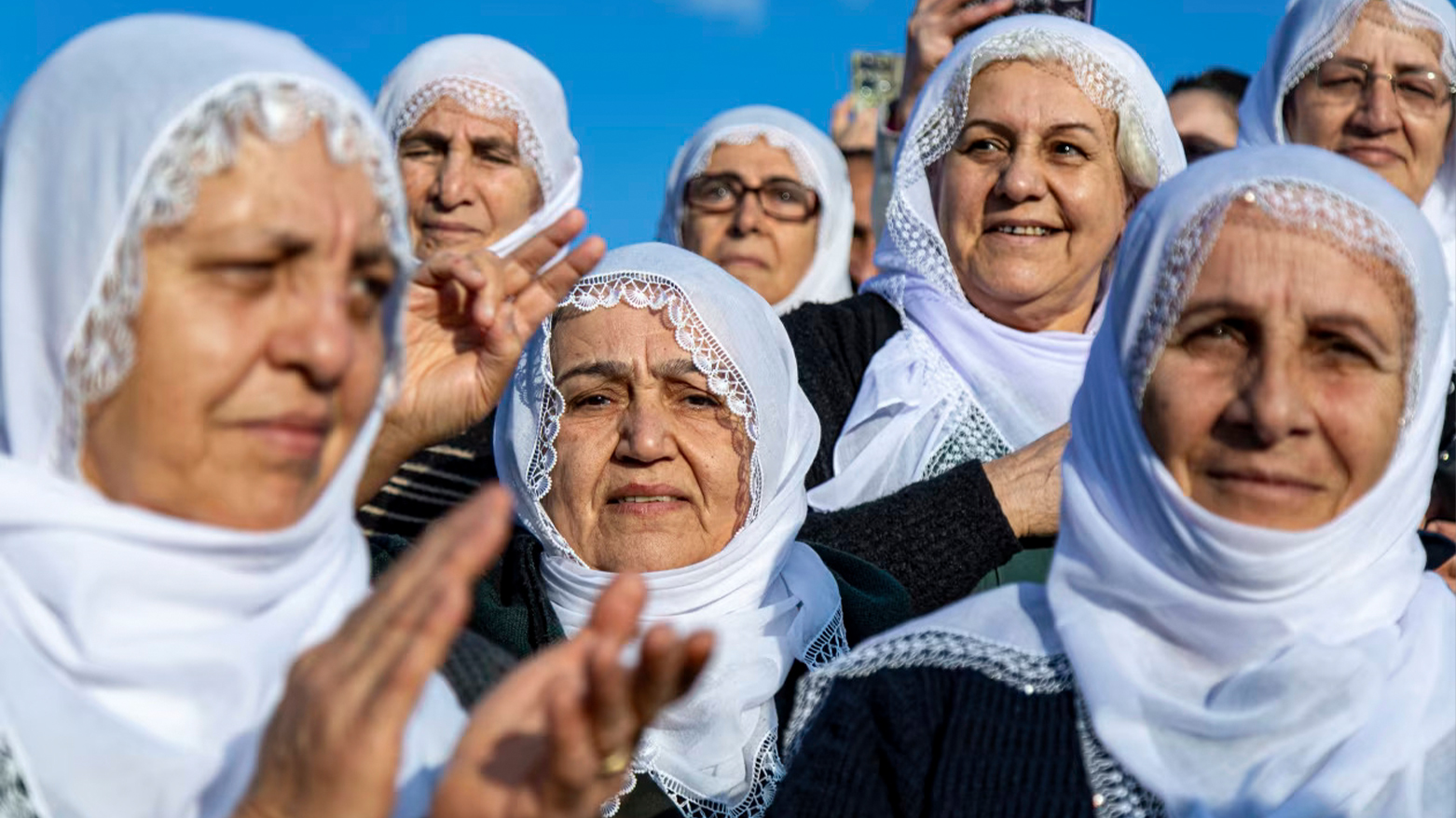Abdullah Ocalan’s Call for PKK Disarmament: A Turning Point in Regional Politics?
The unprecedented statement, delivered through a written message read at a news conference in Istanbul, has sparked a wave of reactions across Turkey, Iraq, and the broader Middle East.

ERBIL (Kurdistan24) – The imprisoned leader of the Kurdistan Workers’ Party (PKK), Abdullah Ocalan, has issued a call for his organization to lay down its arms and dissolve itself.
The unprecedented statement, delivered through a written message read at a news conference in Istanbul, has sparked a wave of reactions across Turkey, Iraq, and the broader Middle East.
According to a report published by The New York Times, Ocalan’s message signified a major shift in the four-decade-long insurgency against the Turkish state.
He urged PKK fighters to convene a congress and decide on their disarmament, emphasizing that the movement had achieved what it could in an era when "democratic channels of politics were blocked."
However, his statement left unanswered questions about the logistics of such a disarmament process and what the Turkish government might offer in return.
A Historic Turning Point or a Tactical Move?
As The Guardian reported, the Turkish government has not signaled any concessions in response to Ocalan’s declaration.
While President Recep Tayyip Erdoğan’s administration has long sought unilateral PKK disarmament, Ocalan’s statement has been met with skepticism. Analysts suggest that regional geopolitical shifts, including Turkey’s evolving role in Syria and Iraq, may have prompted both sides to reconsider their positions.
According to The Washington Post, this latest call for disarmament comes after months of behind-the-scenes negotiations involving Turkish officials, Kurdish politicians, and Ocalan himself.
While Turkey’s ruling Justice and Development Party (AKP) has publicly distanced itself from any formal peace talks, nationalist figures within the government, such as Devlet Bahçeli of the Nationalist Movement Party (MHP), have recently hinted at a willingness to engage in dialogue, possibly in exchange for Ocalan’s release from prison.
Regional Implications: Syria and Iraq
Ocalan’s call for the PKK to disband has broader implications beyond Turkey.
As The Wall Street Journal highlighted, Kurdish militant groups affiliated with the PKK operate in Iraq and Syria, where they have played a significant role in regional security dynamics.
The U.S.-backed Syrian Democratic Forces (SDF), which has ties to the PKK, has distanced itself from Ocalan’s statement, with its leader Mazloum Abdi clarifying that the call "does not concern us in Syria."
However, a potential PKK withdrawal from Iraq and Syria could significantly impact ongoing conflicts in those areas.
The Path Forward
While Ocalan’s statement has been described as "historic" by some international observers, the road to peace remains fraught with challenges.
The PKK leadership outside of Turkey has yet to officially respond, and some factions within the organization may resist disbandment without guarantees from Ankara.
Meanwhile, Turkey continues its military operations against PKK strongholds in the borders areas in the Kurdistan Region, further complicating prospects for a negotiated settlement.
As diplomatic and political maneuvering continues, the coming weeks will be critical in determining whether Ocalan’s call leads to genuine progress or remains another unrealized step in the long and bloody history of the Kurdish-Turkish conflict.